Webcomm
-
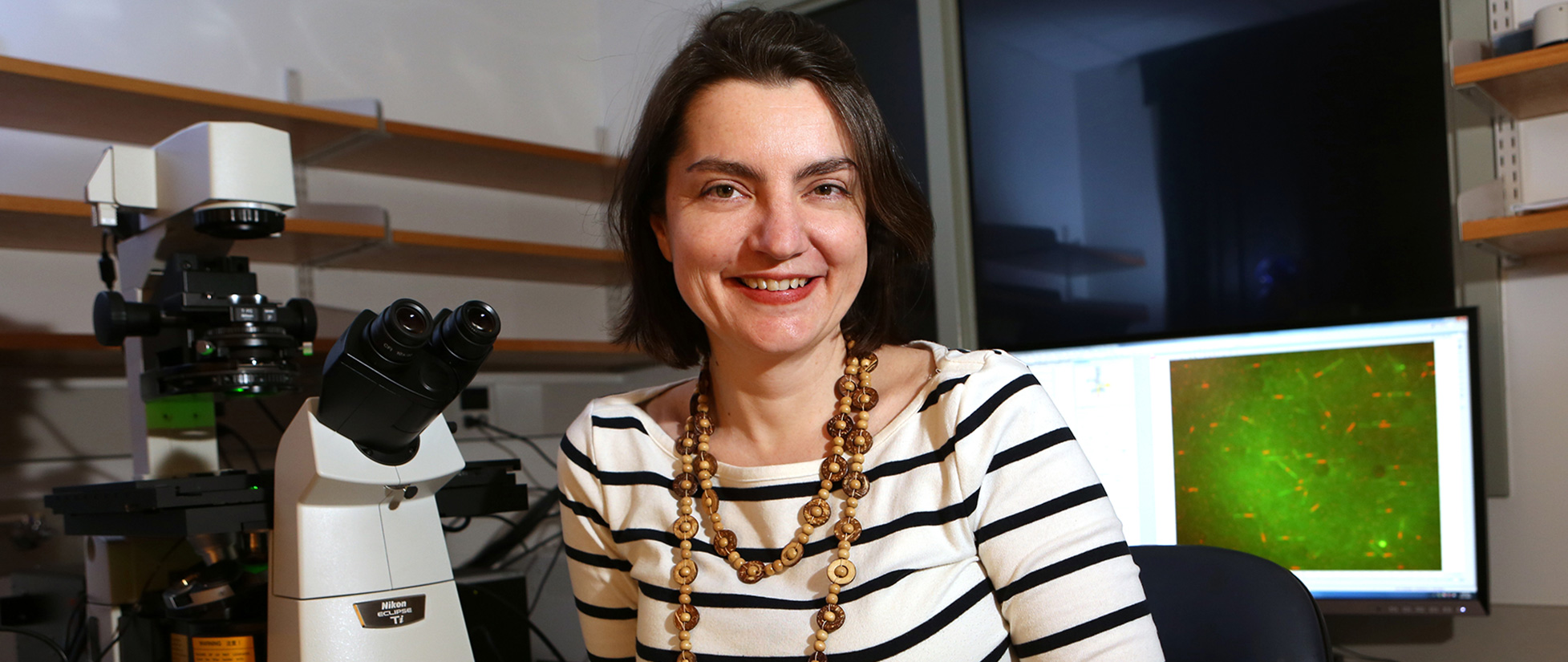
How asters form
Microtubule organization is essential for various biological processes ranging from cell division to intracellular transport. Microtubules are polymers of tubulin protein that assemble into two basic cellular architectures: bundles and asters. In contrast to bundle formation, the molecular mechanisms underlying aster formation are poorly understood. Marija Zanic, PhD, Ryoma Ohi, PhD, and their colleagues… Read MoreAug. 3, 2018
-
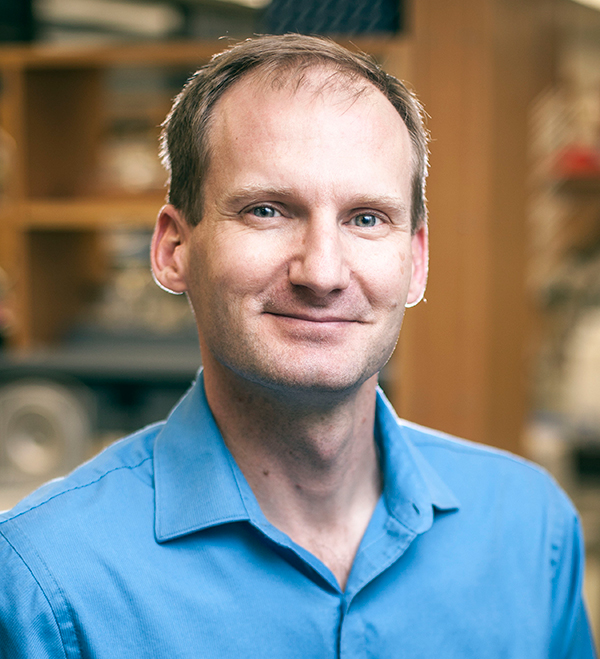
Genetic balancing act
The proteins that copy DNA are not perfect. Luckily, our cells can fix broken DNA via a process called homologous recombination repair, which involves proteins like RAD51. RAD51 helps protect DNA from being degraded by cell enzymes as it is copied. David Cortez, PhD, and colleagues reportedlast month in the journal Cell Reports that… Read MoreAug. 3, 2018
-
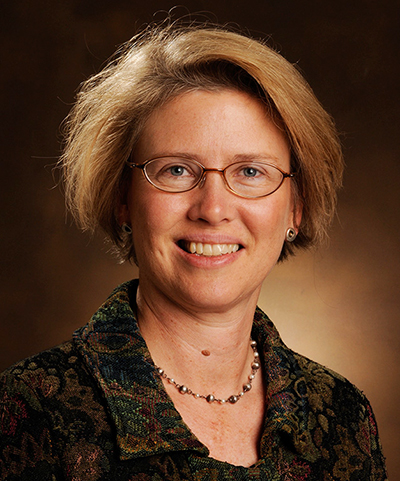
Repairs in the basement membrane
Basement membrane (BM) is an evolutionarily ancient sheet-like scaffold that wraps around most animal tissues. BM protects and provides mechanical stiffness to tissues and regulates development, function, and repair. But how it is repaired after being damaged is poorly understood. Now in a study published in the journal Matrix Biology, Andrea Page-McCaw, PhD, and colleagues have… Read MoreAug. 3, 2018
-
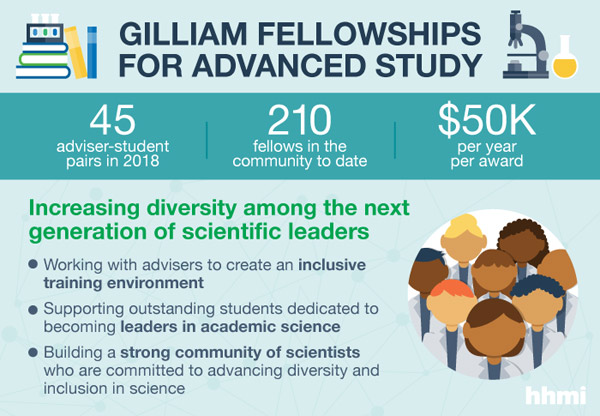
Three VU doctoral students receive 2018 Gilliam Fellowships for Advanced Study
The Howard Hughes Medical Institute has awarded 2018 Gilliam Fellowships for Advanced Study to three Vanderbilt University doctoral students and their advisers. The fellowship was created to ensure that a diverse and highly trained workforce is prepared to assume leadership roles in the sciences. The program approaches this by supporting promising… Read MoreAug. 2, 2018
-
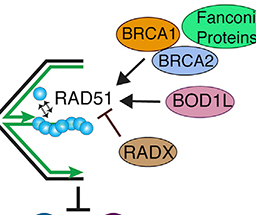
Dueling Proteins Control Replication Fork Stability
Dueling Proteins Control Replication Fork Stability A variety of cell stressors may stall the process of DNA replication, and failure to resolve the problem and resume normal progression of the replication fork may lead to DNA damage and/or even cell death. Stalling of the replication fork results in… Read MoreJul. 25, 2018
-
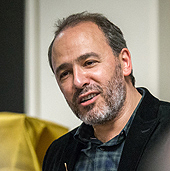
Fueling the MATE transporter
Evolutionarily conserved transport proteins, such as those belonging to the multidrug and toxic compound extrusion (MATE) superfamily, protect cells against toxic chemicals and contribute to multidrug resistance in cancer and bacterial cells. Understanding how such transporters harness the energy of ion gradients to facilitate drug export is critical in developing novel anti-cancer… Read MoreJul. 20, 2018
-
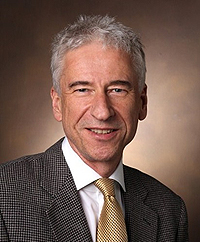
New player in DNA damage repair
Interstrand DNA cross-links (ICLs) — chemical bonds that join the two strands of DNA — are a toxic form of DNA damage. ICLs block both replication and transcription, triggering cell death. Drugs that introduce ICLs, such as mitomycin C, are used as chemotherapeutic agents. ICLs are known to be repaired by… Read MoreJul. 20, 2018
-

Vanderbilt licenses compound to Nashville’s Appello to advance Parkinson’s therapies
Vanderbilt University has signed a licensing agreement with Nashville-based start-up Appello Pharmaceuticals, Inc. to advance novel compounds developed by researchers in the Vanderbilt Center for Neuroscience Drug Discovery (VCNDD) for the treatment of Parkinson’s disease. The drug-like molecules bind to mGluR4, a glutamate receptor that is highly expressed… Read MoreJul. 12, 2018
-
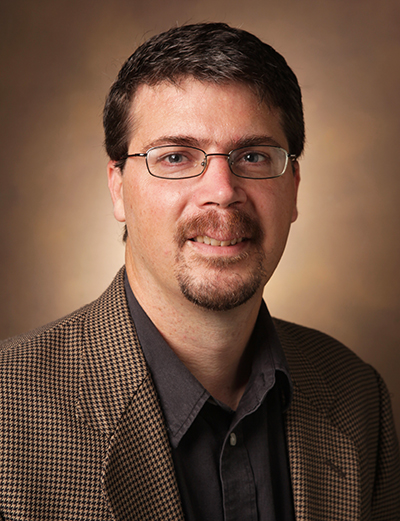
Scavengers “protect” HDL
High-density lipoprotein (HDL) is widely thought to protect against the development of atherosclerosis, yet drugs that raise levels of HDL cholesterol (HDL-C) have failed to reduce the risk of heart disease. Recent evidence suggests that HDL function is more important than HDL-C levels in lowering risk. Isolevuglandins (IsoLGs) are… Read MoreJul. 12, 2018
-
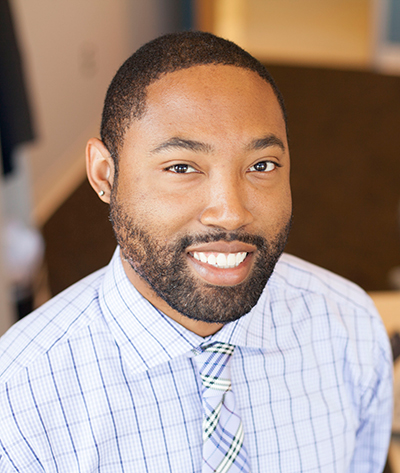
Synthesizing Mothers’ Milk
Today’s infant formulas are much improved over formulas of decades past, but according to some scientists—and Townsend’s discerning daughter—they’re still a far cry from mothers’ milk. Chemists hope to change that. To create formula that more closely mimics breast milk, researchers like Steve Townsend at Vanderbilt University are trying to make the… Read MoreJul. 11, 2018